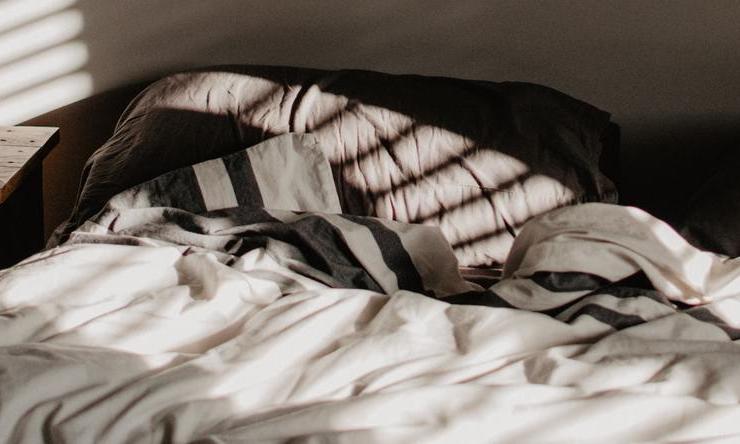How to prepare for Daylight Saving Time
Daylight Saving Time offers extra sunlight for longer spring and summer evenings, but a sleep expert at the Baylor College of Medicine said it is not always the best transition for our internal body clock.
“Daylight Saving Time is an imposed one-hour sleep loss that can impact you just as much as losing one hour of sleep on any night,” said Dr. Philip Alapat, assistant professor of sleep medicine at Baylor.
Alapat explains that sleep loss has been associated with negative effects on health and daytime performance:
- Decreased attention span
- Increased occupational or car accidents
- In more serious cases, adverse health conditions like stroke or heart attack
This year, Daylight Saving Time begins on Sunday, March 8, at 2 a.m. Alapat said that those who will feel the effects of losing the hour most are young children and those who are already sleep deprived.
“The majority of the population gets less than seven hours of sleep per night,” Alapat said. “The worse off your sleep deprivation is, the more significant your daily performance is going to be affected.”
How to prepare
The best way to prepare your body to lose an hour of sleep is by moving your alarm up in 30-minute increments. Alapat recommends starting this at least two days prior to Daylight Saving Time until you wake up an hour earlier than usual.
If you are unable to work your way up to Daylight Saving Time, going to sleep at least an hour earlier the night before will help with drowsiness the next day, Alapat said.
“Most people who are getting an adequate amount of sleep and are able to go to bed a little earlier on the night before should not experience significant sleep loss and lack in function the next day,” he said.
To make it easier to fall asleep, Alapat recommends sleeping in a cool, dark and quiet environment. Try to avoid exercising too close to bedtime because that also can interfere with falling asleep.
Naps
Finding time for a nap is one way to help with sleep deprivation during Daylight Saving Time.
While naps are a popular way to catch up on sleep, Alapat said naps can affect your sleep quality further if they are too late in the day or longer than 30 minutes.
“Preferably, naps are done earlier in the afternoon, no later than 2 or 3 p.m.,” Alapat said. “Remember to set your alarm clock for 30 minutes, and then get up after to resume your daytime functions.”











